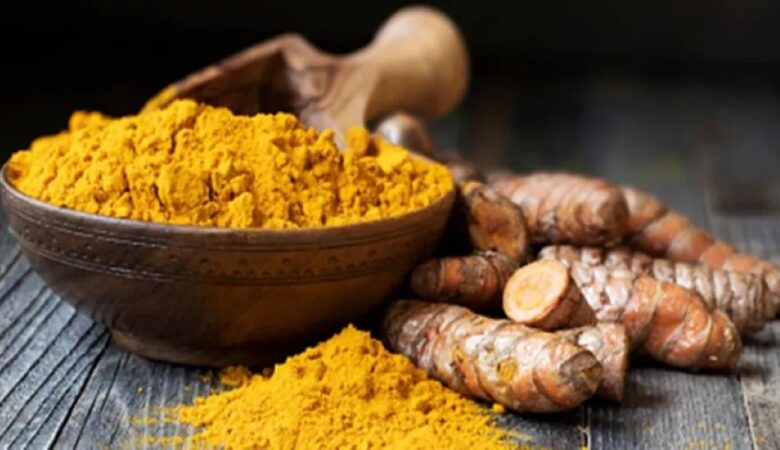Study finds turmeric may help prevent colon cancer
Turmeric, known for its anti-inflammatory and pain-relieving properties, is widely used in Indian, Middle Eastern, and Southeast Asian cuisines. It's also considered low in toxicity, affordable, and increasingly available in supplement form, making it a compelling candidate for further exploration in cancer prevention.

With colon cancer rates rising — especially among younger populations — researchers are investigating natural ways to help prevent the disease. A recent study has highlighted turmeric as a promising dietary ally in this fight.
Published in the journal Cancer Letters, the study reveals that curcumin, the active compound in turmeric responsible for its distinctive orange hue, may inhibit the growth and spread of early-stage intestinal cancer cells.
A research team at the University of Leicester found that curcumin binds to a key protein used by malignant cells to multiply, effectively halting its function and preventing tumor formation. In lab tests, curcumin applied to intestinal tissue stopped the growth of cancer-like stem cells, which are known to fuel tumor development and recurrence.
The compound also pushed these cells into a less aggressive state, limiting their ability to divide and spread — suggesting curcumin could be a powerful preventative agent, especially for people at higher risk.
In experiments with mice injected with cancer cells, curcumin was shown to slow tumor growth and extend survival time. However, to achieve similar results in humans, researchers estimate a daily intake of 1.5 to 2 grams of curcumin — an amount higher than what’s typically consumed through food, prompting the use of supplements in studies.
Although these findings are encouraging, Cancer Research UK emphasizes that more clinical research is needed to confirm curcumin’s effectiveness and determine the proper dosage in humans.
Turmeric, known for its anti-inflammatory and pain-relieving properties, is widely used in Indian, Middle Eastern, and Southeast Asian cuisines. It’s also considered low in toxicity, affordable, and increasingly available in supplement form, making it a compelling candidate for further exploration in cancer prevention.












